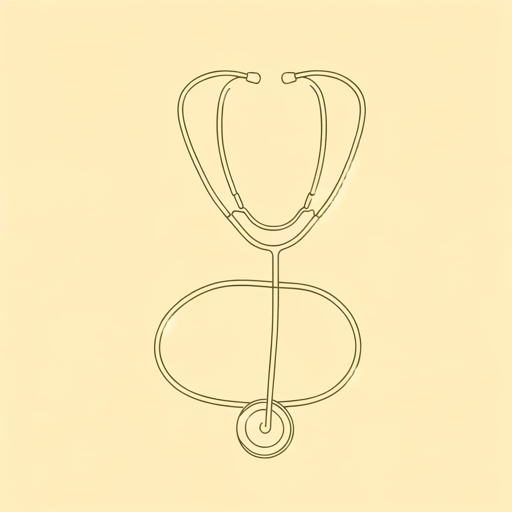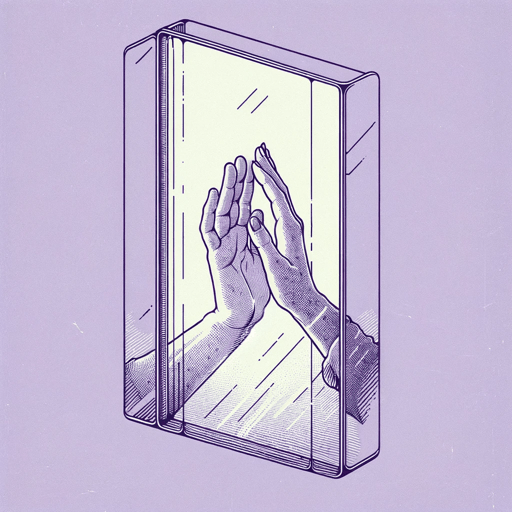71 pages • 2 hours read
Abraham VergheseCutting for Stone
Fiction | Novel | Adult | Published in 2009A modern alternative to SparkNotes and CliffsNotes, SuperSummary offers high-quality Study Guides with detailed chapter summaries and analysis of major themes, characters, and more.
Important Quotes
“I grew up and I found my purpose and it was to become a physician. My intent wasn’t to save the world as much as to heal myself. Few doctors will admit this, certainly not the young ones, but subconsciously, in entering the profession, we must believe that ministering to others will heal our woundedness. And it can. But it can also deepen the wound.”
(Prologue, Page 6)
In the Prologue, Marion, a 50-year old physician, gives an overview of the story he is about to tell and its importance. In this quote, he offers insight into the medical profession and hints at his own struggles. By beginning the novel from this perspective, Verghese shows the reader that Marion has matured into a contemplative man, one who has thought a great deal about his vocation in medicine and his own motives.
“As she bent over the child she realized that the tragedy of death had to do entirely with what was left unfulfilled. She was ashamed that such a simple insight should have eluded her all these years. Make something beautiful of your life. Wasn’t that the adage Sister Mary Joseph Praise lived by?”
(Part 1, Chapter 3, Page 64)
Hema is flying home to Ethiopia after visiting her family in India when her plane seems as if it is going to crash. A child breaks his leg as a result of the plane’s steep dive, and she is caring for him. During this near-death experience, Hema reevaluates her life, including her relationship with Ghosh, using Sister Mary Joseph’s philosophy as a guiding principle. Throughout the novel, Sister’s influence is felt long after her death by all the members of the Missing community.
“Daring operations performed in darkest Africa—that was how the publisher had described the book on the back cover. The reader, knowing nothing about the ‘dark continent,’ filled in the blanks, pictured Stone in a tent, a kerosene lamp held up by a Hottentot providing the only light, elephants stampeding outside while the good doctor recited Cicero and excised a part of himself as blithely as if he were cutting for stone on the body of another.”
(Part 1, Chapter 4, Page 72)
Thomas Stone’s book is the accumulated wisdom from his practice in India and Africa, including his experience amputating his own finger. The publisher’s description, however, shows the perception of Africa as dangerous and primitive, and it romanticizes the white author’s actions and perceived superiority.
Related Titles
By Abraham Verghese




